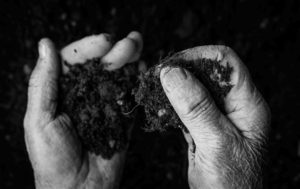I’ve been an activist for decades. In the 1970s, I campaign for women’s rights in housing and planning in Adelaide. In the 1980s, I campaign for more hospital beds for Sydney’s outer suburbs. Most of my causes are feminist causes, and I am pretty strident in my younger years.
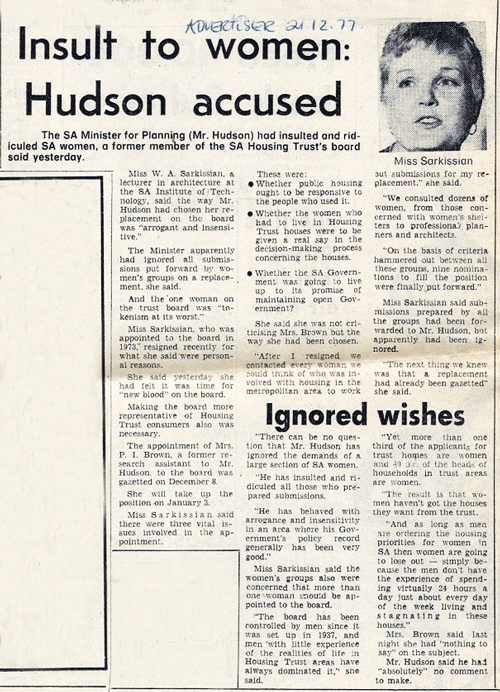
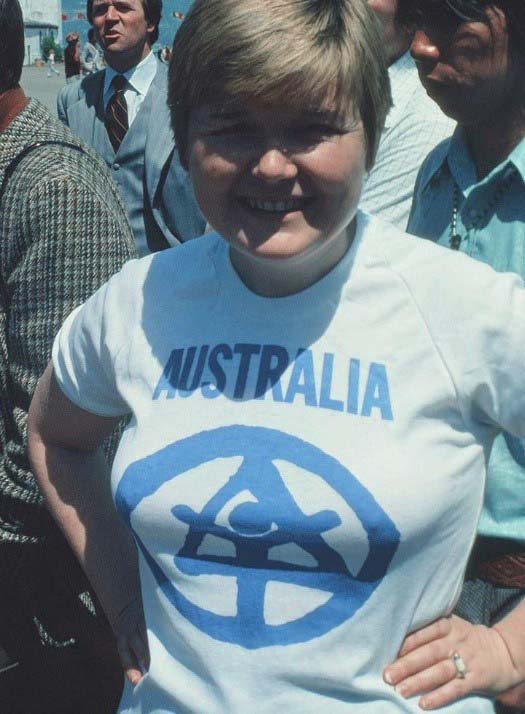
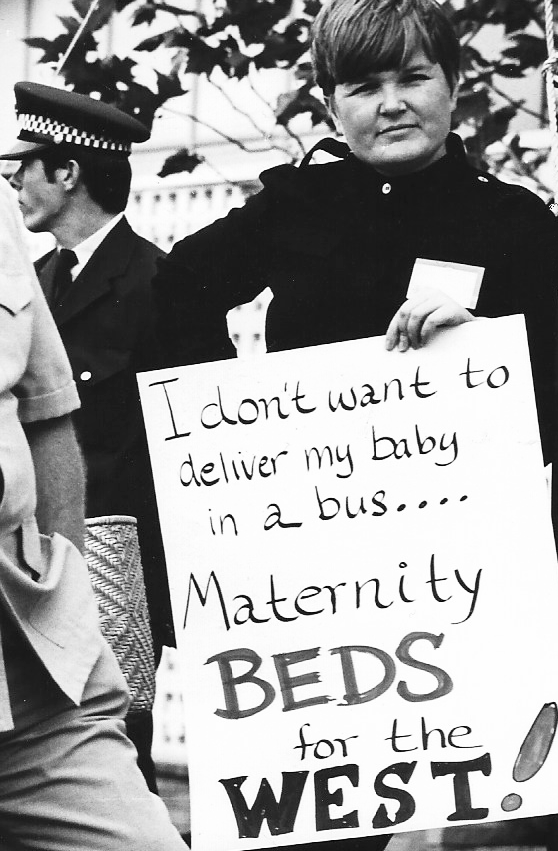
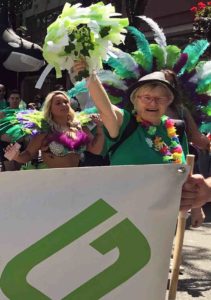
I spend a long career planning, managing, speaking, and teaching about community engagement, always with an activist flavor. Some academics describe me as an activist masquerading as a consultant (but definitely not a “true” academic). And over the years I come to understand that the elitism of academia affects my academic career. The hard-core activists I encounter are even less sanguine, always a bit suspicious of my various identities. Still, after spending five years studying professional ethics full-time in midlife, I am pretty clear about what constitutes activism and what it is not.
What does all this speculation mean for a grieving person?
In my pained state, I assume it’s nothing! Nada. All my activist and professional lives crash to an abrupt end with Karl’s death. A concussion, chronic pain, several injures, and PTS from witnessing Karl’s death severely impair my cognitive abilities for what seems like forever. So, I am astonished, six months after the crash, to find myself even considering engagement to heal my grief.
However, I soon learn that action can be strong medicine in times of trouble.
Making people accountable for the wrong that caused our loss can offer a sense of well-being
My research and reading lead me an important insight: while action cannot undo the trauma we have suffered, making people accountable for the wrong that caused our loss can offer us a sense of well-being. Engagement in and with the broader community allows us literally to step outside our grief. It can steer us away from isolation and any negative tendency toward self-absorption. Activism draws my attention away from my sorrow and directs it into the utterly unfamiliar realm of road safety activism.
The Helper Principle
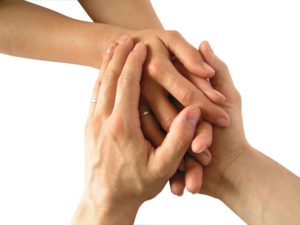
I learn that to contribute to a community project or action builds our confidence by reminding us what we might easily have forgotten in our grief: we can make a difference. The well-known “helper principle” in psychology applies here: when we help others, we often help ourselves, as we begin to acknowledge the power of our resilience and resourcefulness. We may experience the fusion of activism and spirituality and be uplifted by it (Eisenstein, C., The More Beautiful World Our Hearts Know Is Possible, 2013: 85).
So, many months after Karl dies, I am astonished by my first sense of “pleasurable mastery” (being able to do things competently again) and “personal agency” (a sense of control and awareness of initiating and carrying out my actions). It feels like a long stretch but could I possibly be coming back to life?
My Victim Impact Statement
My first act of road safety activism — delivering my self-styled Victim Impact Statement to Tweed Shire Council, the municipal road authority responsible for the road where Karl died — is a revelation. It’s the first real turning point in my healing. Until that moment (more than seven months after Karl’s death), I feel utterly washed-up professionally and intellectually, confident I will never again chair a meeting, speak publicly, write an article (much less a book), or work professionally.
I collaborate with two close friends, Lori Mooren and Kev Cracknell, and, as our road safety campaign expands and we begin to see results, I allow myself to imagine that I might — possibly — flourish again. In my deepest heart, I yearn to believe something positive. There must be a reason for my surviving the crash that killed Karl.
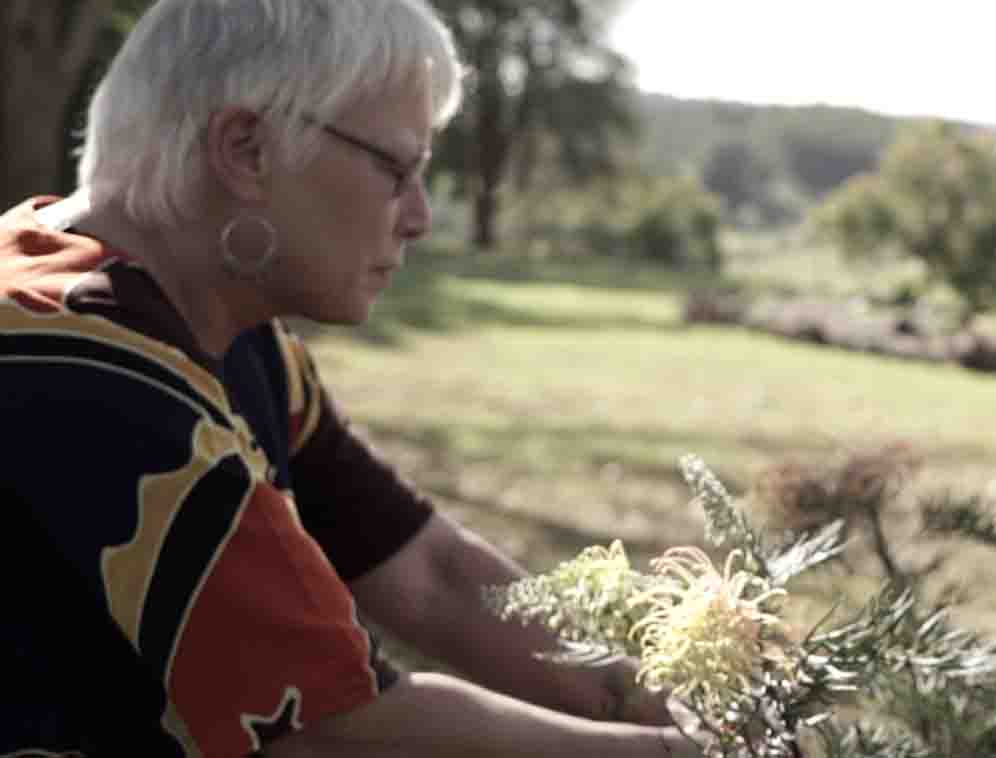
So how can I move forward in my life with a cognitive impairment that makes me feel so incompetent, hopeless, and directionless?
Now I begin to sense a power that draws on the initiative, energy, and resourcefulness I fear I might have lost forever. Because I am undertaking my new advocacy work with close friends (“in community”), I sense that our alliance is based on cooperation and a shared purpose. With Lori and Kev, I gain a sense of connection that is deeper than we had before. We agree that it brings out the best in all three of us.
And I am getting my hands dirty with the emotions that frighten me.
